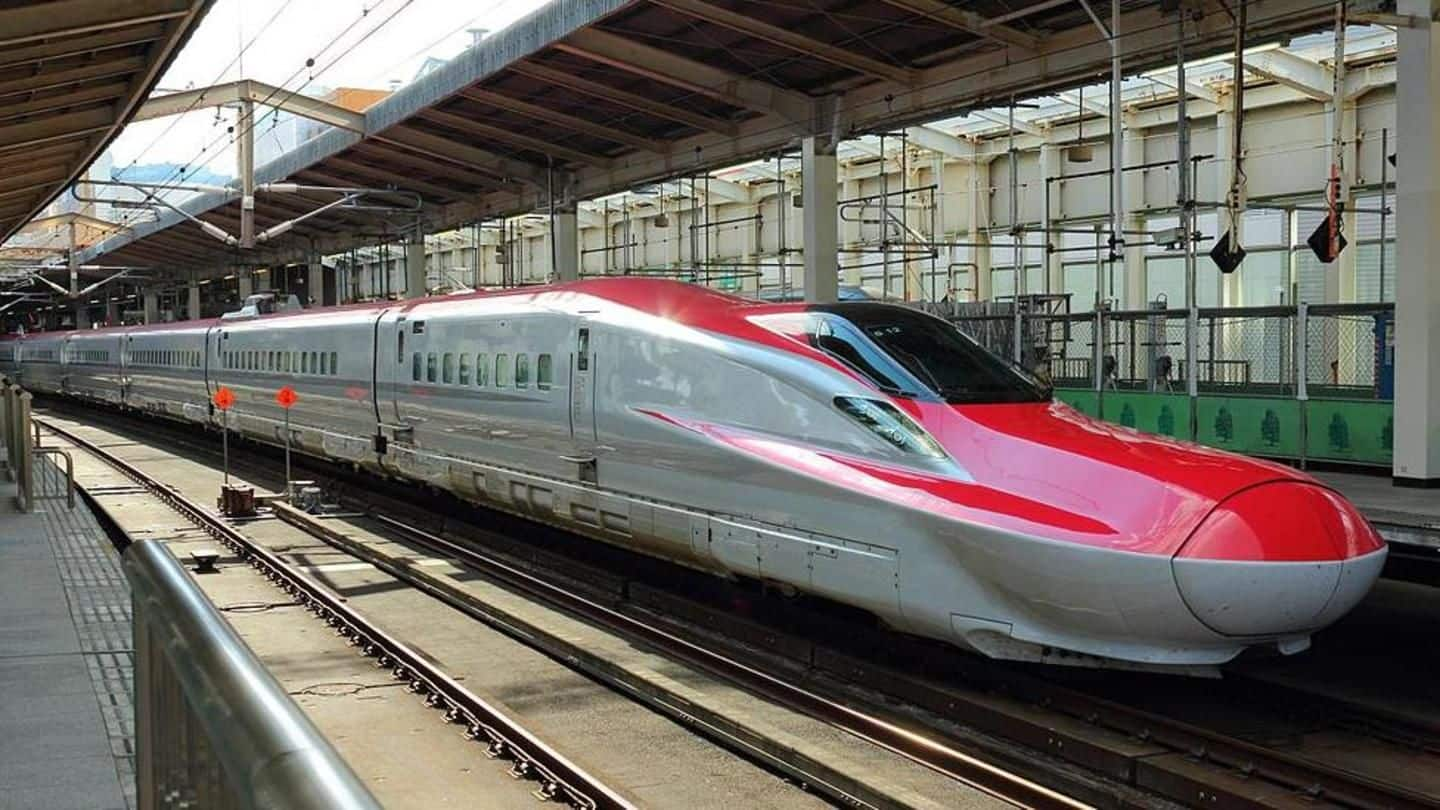
Palghar villagers want doctors, street-lights to give land for bullet-train-project
What's the story
The villagers of Maharashtra's Palghar district want ponds, ambulances, solar street lights, and doctors before giving their lands to the government's bullet train project, officials said. In a bid to launch the Mumbai-Ahmedabad bullet train by 2022, the National High Speed Rail Corporation Limited (NHRCL), the nodal body to implement the project, tweaked its strategy and has agreed to most of the conditions.
Approaching owners
NHRCL is approaching individual land owners
The NHRCL is approaching individual landowners of 23 villages and asked village heads to give in writing what they want in addition to the compensation for their land, said NHRCL spokesperson Dhananjay Kumar. About 110km of the 508km train corridor passes through Palghar. The project requires an estimated 300 hectares across 73 villages, affecting about 3,000 people, in the stretch.
3-hour journey
Bullet train will reduce Mumbai-Ahmedabad travel time to 3 hours
Land acquisition for the Japan-backed $17bn bullet train, that will cut down the distance from Mumbai to Ahmedabad to under three hours from the usual seven, is being bitterly opposed by tribals and fruit growers in Palghar district. Kumar said the villagers' demands have been made on village sarpanches' letterhead on behalf of landowners, a move to ensure probity from both sides.
Opposition
Fruit growers opposing the land acquisition process
Some landowners of sapota (chiku) and mango are opposing land acquisition.. 62-year-old Dashrath Purav, who toiled for over 3 decades in sapota plantation, said, "Government should ensure that at least one of my two jobless sons gets a government job." Tribals from Hanuman Nagar and Chandra Nagar villages, who were displaced to construct the Surya dam project in 1990, are also opposing the project.
Villagers' resistance
Gujarat: Government is taking land under LA Act, villagers oppose
In Gujarat, the project is facing resistance though not as stiff. NHRCL has already served notices to 185 of 195 villages in Gujarat to give up their land under the state government's Land Acquisition Act. However, some affected landowners are continuing their protest against the acquisition, raising objections in a memorandum given to collectors of the districts involved, said farmer activist Sagar Rabari.
Dispute
Land acquisition is two-state project; should be handled by Center
According to Krishnakant, an activist with NGO Paryavaran Suraksha Samiti, land acquisition is a two-state project and the process should be handled by the central government as the appropriate authority, not the state governments. Kumar, however, pointed out that land is a state subject. "This is why we are following the 2013 Act in Maharashtra and the 2016 Act in Gujarat," he said.
Information
850 hectares land is required for the project in Gujarat
In Gujarat, around 850 hectares is required to be acquired for the project from around 5,000 families across eight districts. The proposed high-speed rail corridor will pass through the union territory of Dadra and Nagar Haveli.